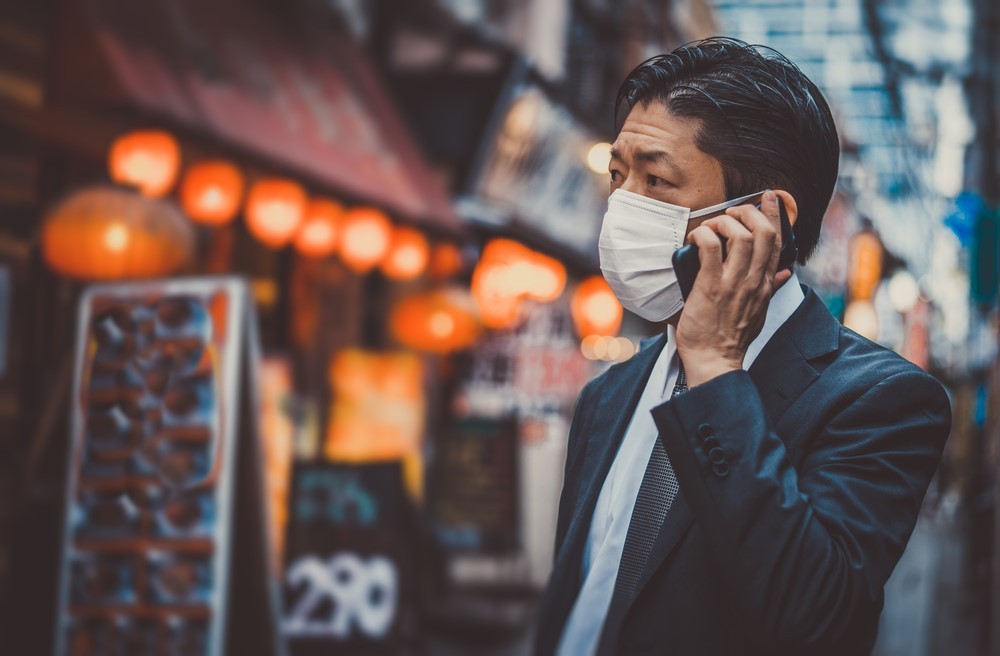
If you’ve ever been to Japan, you may have seen people on the street wearing white surgical masks. In countries like America, surgical masks are only worn by people with grave diseases, so it's a striking sight for some tourists.
But in Japan, wearing a mask isn't a big deal. In fact, it's a very natural part of life and is something that most people wear many times a year.
According to the Japan Hygiene Products Association, Japan consumers use an average of 2 billion masks per year! With a population of 127 million, that’s more than 15 masks per person!
In this article, you'll learn how Japanese people started wearing masks and why they're so common. You'll also learn when masks can be considered rude and how to avoid offending others when wearing them.
History of masks in Japan
The very first masks in Japan were made of a metal mesh covered in cloth. They simply kept dust out of people’s mouths.
Masks didn’t truly catch on until 1918, when the Spanish Influenza threatened the health and safety of the entire nation. Suddenly everyone wanted to get their hands on a mask to protect themselves from the disease.
Each time a new disease made its way to Japan, masks became popular again.
Finally, in the 1950s, mask manufacturers developed a cloth-only gauze mask that closely resembles today’s masks.
Ever since then, Japan has had a love affair with masks.
Why do people wear them?
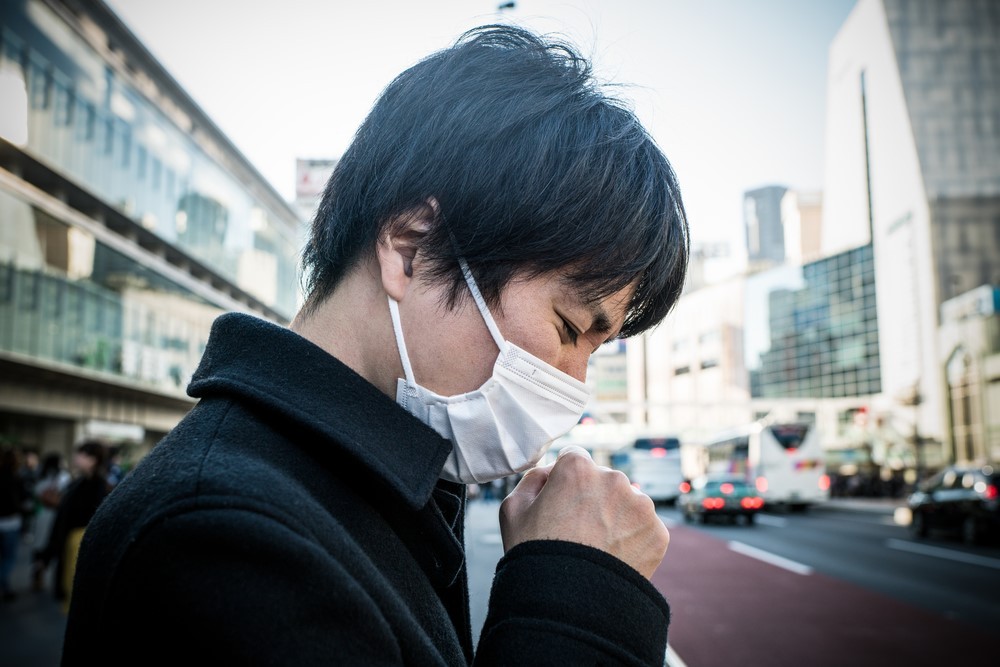
People in Japan wear masks for many different reasons.
From the beginning, the mask has been used to keep bad stuff like pollen, dust, and germs out of the mouth.
It’s also used by people with colds and other contagious diseases to prevent the sickness from spreading to others.
Some girls wear masks if they need to leave the house without makeup. Guys and girls alike may wear masks to cover up an unpleasant rash or pimple on the face.
Finally, some people just want to hide. Some people fall victim to something called “mask dependency”: these people wear masks every day because it makes them feel safe and hidden from the eyes of others.
Good manners when wearing masks
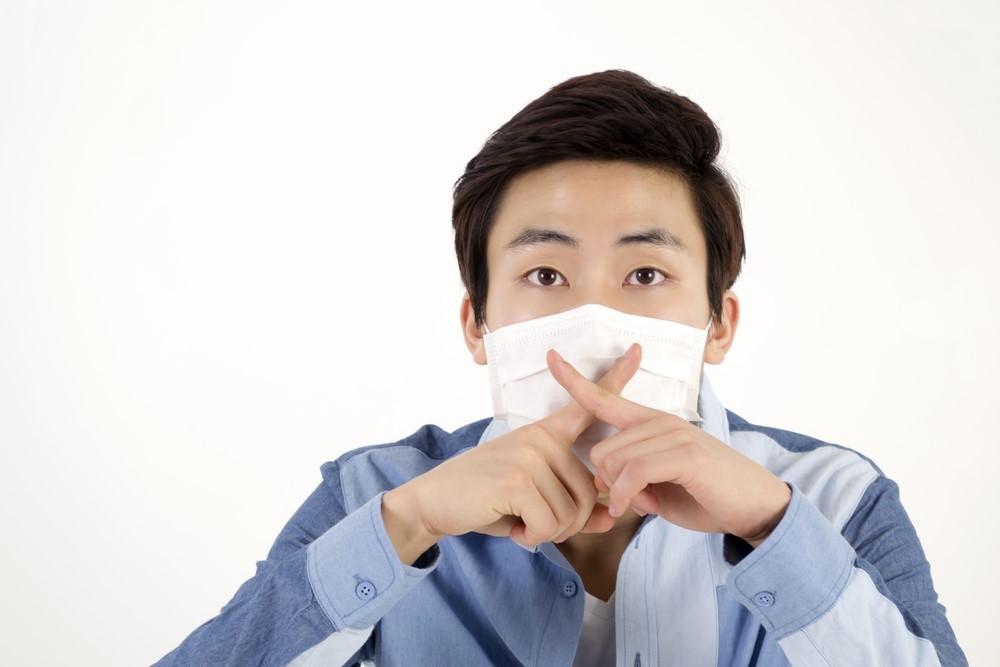
But masks aren’t appropriate everywhere.
For instance, most people agree that wearing a mask in a business situation is a no-no. This is because you conceal your face from the other person and make it difficult for him or her to read your expression.
Unfortunately for most Japanese, it’s difficult to take a day off work just for catching a cold. Many people are forced (or encouraged) to go to work anyway.
In this case, it’s okay to wear a mask in front of coworkers, but many would advise taking off the mask before speaking with your boss, customers and clients.
Whenever you must take off the mask, you shouldn't shove it in your pocket. You can buy a mask case to safely store away your mask while you’re not using it.
There are manners for non-business situations, too. Masks are considered very inappropriate for weddings; if you’re sick, it’s best to miss the wedding entirely.
On the other hand, it’s okay to go to a funeral or wake with a mask on. But if you talk to any attendees, make sure to take off your mask, apologize, and then put it back on.
The future of masks
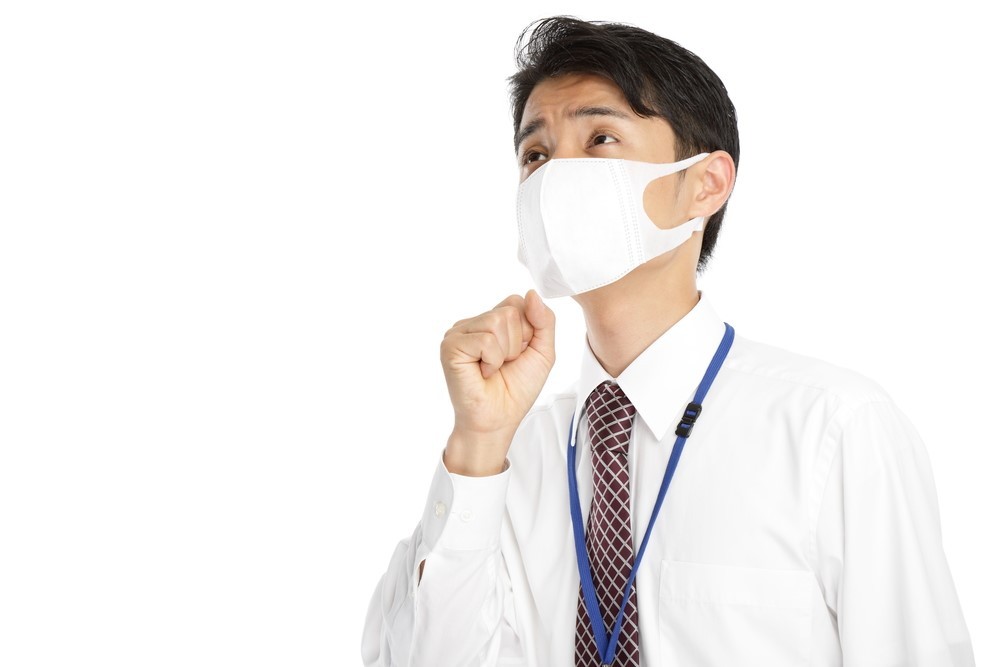
Nowadays, you can find masks in any shape, color, and size. Masks for big or small faces, 3D masks that stand up on their own, and more are available in drugstores and convenience stores across Japan.
Some of the more recent mask technology available includes: masks that kill germs with silver ion technology, masks that deactivate viruses with titanium dioxide, masks that moisturize your mouth and face while you sleep, and masks with designer patterns or black matte masks for the fashion-forward.
The next time you’re in Japan and feel your allergies acting up, why not reach for a mask? Just make sure you’re not in an important meeting!
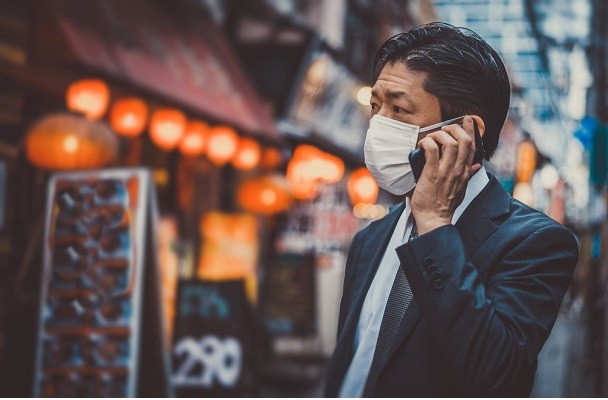
Comments